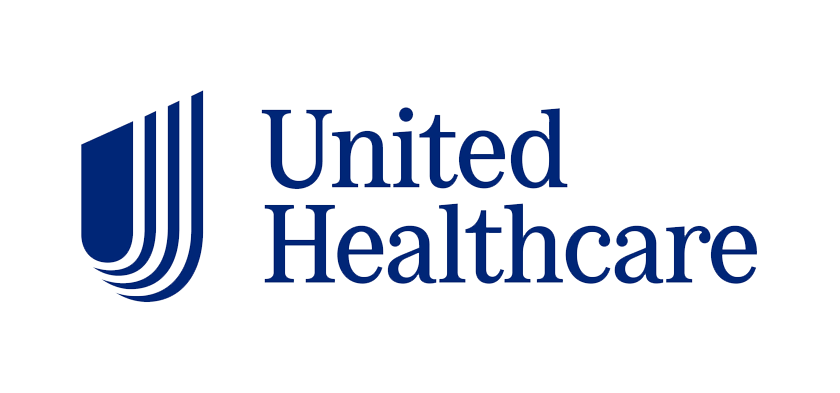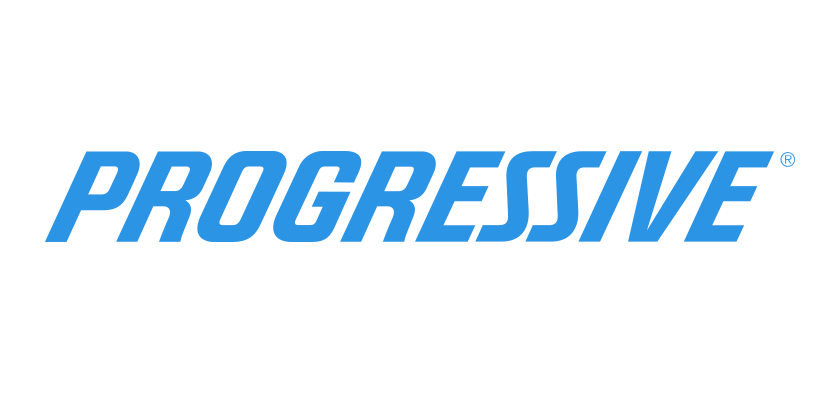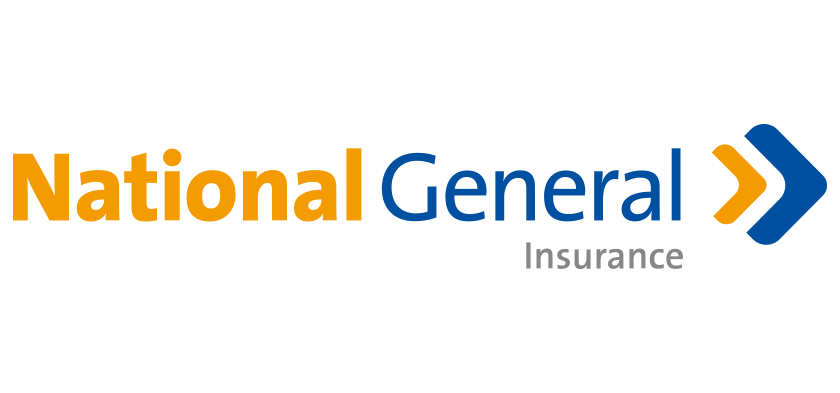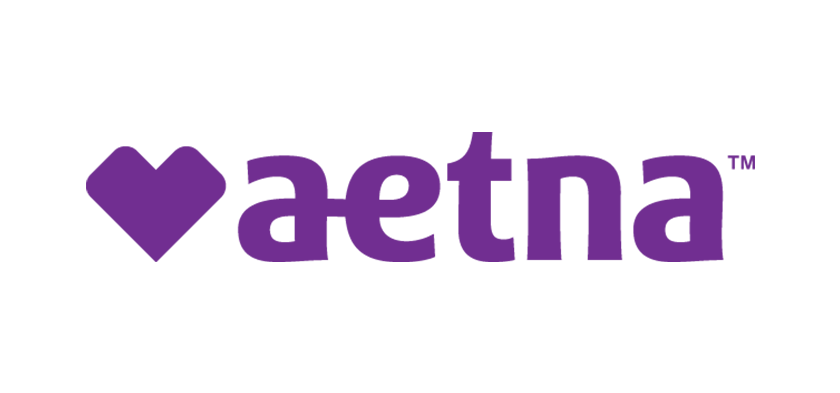What is Short-Term Health Insurance?
Short-term health insurance can be an affordable solution for those looking for health coverage during transitional periods in their lives. Learn if a short-term health insurance plan is right for you and shop the best available short-term plans with Boost Health.
Short-term health insurance gives you temporary coverage during a lapse in permanent coverage, protecting you from expensive medical bills that arise from unexpected health changes or emergencies. You are eligible for short-term health insurance if you:
- Change jobs
- Lose employer-sponsored coverage
- Are waiting for the annual Open Enrollment Period
- Attend out-of-state college
- Other specific instances
Temporary health insurance can provide you proof of coverage you need to participate in various activities or vocations. If you need temporary coverage, our licensed Boost Health insurance agents will find the right plan for your specific needs!
What does short-term health insurance cover?
Short-term health insurance coverage will vary based on the plan you choose. Most short-term plans will cover emergency hospital visits, certain prescription medications, and some doctors’ appointments not related to pre-existing conditions.
Most temporary health insurance plans do not cover treatment for pre-existing conditions, maternity care, and mental health, among other items. Short-term plans do not guarantee the essential health benefits and protections in Affordable Care Act plans. Short-term plans may also have waiting periods, during which the plan will not cover certain conditions at the beginning of the plan. If you end one term on a short-term plan, and then begin another short-term plan, you may lose coverage for certain conditions that become pre-existing conditions and may have to restart any deductible or waiting period requirement in your plan. In some cases, you cannot extend your short-term coverage or buy another short-term plan when your short-term coverage ends. Short-term plans also generally have an overall maximum amount they will pay out in coverage.
Be sure to read the details of your plan carefully to understand the limitations of your coverage. The above summary is only general guidance, so you must review your plan’s official documentation to see your plan’s coverage, limitations, and restrictions.
















